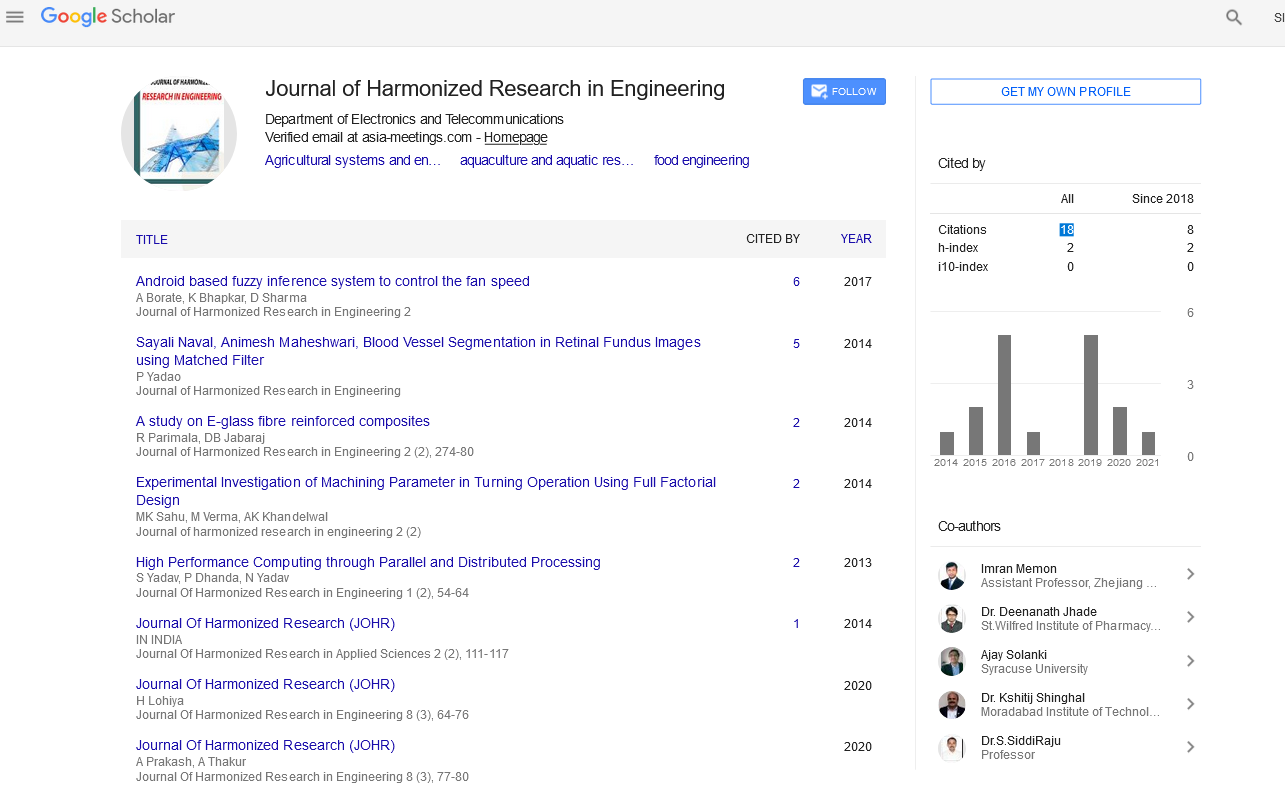RESERVOIR FORMATION DAMAGE DUE TO WATER INJECTION WELLS
Abstract
Author(s): Hooman Fallah, Mohammad Afkhami, Ali Ahmadi, Reza Jalali
Water injection is an integral constituent of most field development scenarios, It has been considered for enhanced oil recovery (the heavy oil). This injection may take place for secondary recovery and pressure maintenance such as sea water injection associated with most injection schemes is injectivity decline; where the rate of injection decreases over time at a given constant injection pressure gradient. The phenomenon of injectivity decline is comprised of multiple phenomena such as internal filtration, external filter cake build-up, fracture propagation, relative phase changes within the matrix rock and the associated permeability decline due to each of the described phenomena. In this thesis addresses some of the key phenomena associated with injectivity decline. Most of the transport models describing the transport and capture of contaminants in the injection fluid within the matrix porous medium. The external filter cake build-up, an erosion model was derived based on the interaction of forces acting on a retained particle on the surface of the external-filter cake for both rectilinear and radial geometries. We postulate that during some initial period, an internal filter cake is formed. We refer to the time at which no more particles invade the rock, i.e. the time at which the initial layer of external filter cake is completely formed, as the transition time. The prediction of particle capturing and particle retention by mathematical model is an essential stage during planning and design of above-mentioned industrial processes. Keywords: Formation Damage, Water Injection, External cake build up, Filtration, Transition Time

Google Scholar citation report
Citations : 43
Journal of Harmonized Research in Engineering received 43 citations as per google scholar report









